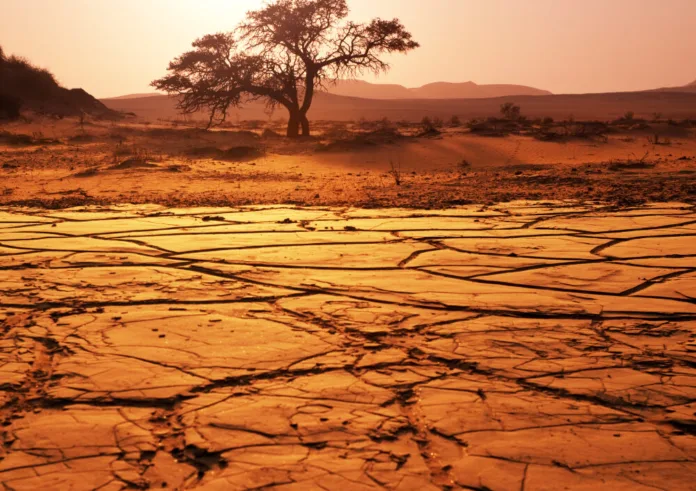COP16 Drought Resilience Fund: Riyadh summit sees historic financial commitments to combat desertification and restore land
In a landmark development at COP16 in Riyadh, global leaders and financial institutions pledged over $12 billion to the COP16 Drought Resilience Fund, aimed at enhancing drought resilience and restoring degraded land. This major step in the fight against desertification was announced during the Ministerial Dialogue on Finance, highlighting the critical role of public and private sector funding in addressing one of the most pressing environmental challenges of our time.
The Arab Coordination Group committed a significant $10 billion to finance projects aimed at halting desertification and promoting land restoration. This pledge comes in the wake of the Riyadh Global Drought Resilience Partnership, which secured $1 billion each from the OPEC Fund and the Islamic Development Bank, alongside an additional $150 million contribution from Saudi Arabia.
“With over $12 billion pledged within the first two days, COP16 in Riyadh is already shaping up to be a defining moment in global efforts to combat drought,” remarked Osama Faqeeha, Deputy Minister for Environment at Saudi Arabia’s Ministry of Environment, Water and Agriculture, and an advisor to the COP16 Presidency. He expressed optimism, hoping that more contributions would follow in the coming days, amplifying the impact of these vital initiatives.
Faqeeha also stressed the need for a redirection of Official Development Assistance (ODA) funds toward combating land degradation and drought. “The UNCCD’s latest report clearly indicates an urgent requirement for increased international funding,” he said, highlighting the stark disparity between the current level of investments and the global need.
Muhammad Al-Jasser, Chairman of the Islamic Development Bank Group, speaking on behalf of the Arab Coordination Group, reaffirmed their financial commitment: “Recognising the crucial role of finance in advancing these efforts, we pledge up to $10 billion in financing approvals by 2030. These funds will support global land restoration, prevent desertification, and foster nature-positive development, all aligned with the goals of the Riyadh Global Drought Resilience Partnership.”
Embed from Getty ImagesA report released by the UNCCD during the conference revealed that an estimated $355 billion will be required annually from 2025 to 2030 to meet global land restoration targets. Alarmingly, only $77 billion is projected to be available through current investments, highlighting a significant financing gap.
The report also drew attention to the limited involvement of the private sector, which contributes a mere 6 percent of global funding for land restoration, despite the potential to generate up to $1.8 trillion annually by restoring over one billion hectares of degraded land.
“Private sector engagement is critical,” Faqeeha noted. “Unlocking their potential could dramatically increase the resources available for drought resilience and land restoration, ensuring a sustainable future for communities dependent on healthy ecosystems.”
As the conference progresses, pressure is mounting on international stakeholders to bridge the financing gap and accelerate efforts to combat land degradation. The stakes are high, with droughts becoming more frequent and severe due to climate change, threatening food security, livelihoods, and ecosystems worldwide.
COP16 has become a crucial platform for galvanising global action. The pledges made are not just financial commitments; they are a testament to a shared recognition of the urgent need to address the environmental and economic impacts of land degradation.
The conference continues to draw attention to the scale of investment required, but it also highlights the potential benefits. Restoring degraded land can improve biodiversity, increase agricultural productivity, and create sustainable livelihoods, contributing significantly to global efforts to achieve the United Nations Sustainable Development Goals.
The coming days of COP16 will be closely watched, as additional pledges and initiatives are anticipated. The hope is that this unprecedented momentum will translate into concrete actions that not only mitigate the effects of drought and desertification but also create a framework for sustainable development and resilience in vulnerable regions.
